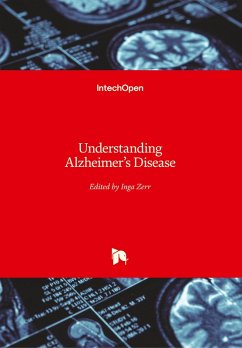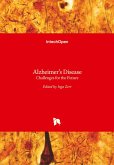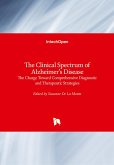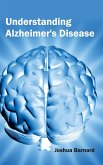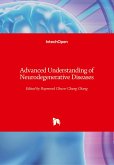Alzheimer's dementia (AD) affects 6 million Europeans with 10% of people over age 65 and more than a quarter over 85. Given the steady aging of European societies, dementia and cognitive decline have developed into a major health problem with an enormous socioeconomic impact for patients, their families and caregivers, national health care systems, and society. Without any means to prevent or delay disease onset, the number of people with dementia is predicted to double by 2030 and triple by 2050. There is an urgent need for innovative strategies to increase understanding of pathological events that would translate into the development of successful prevention or, possibly, novel treatment strategies. Progresses in understanding pathological events in AD have been possible by using cell cultures, genetically modified organisms and animal models that lack the complexity of events occurring in humans. We need to overcome this limitation also by using data from humans - for studying pathological pathways in AD in a multidisciplinary setting.
Hinweis: Dieser Artikel kann nur an eine deutsche Lieferadresse ausgeliefert werden.
Hinweis: Dieser Artikel kann nur an eine deutsche Lieferadresse ausgeliefert werden.

